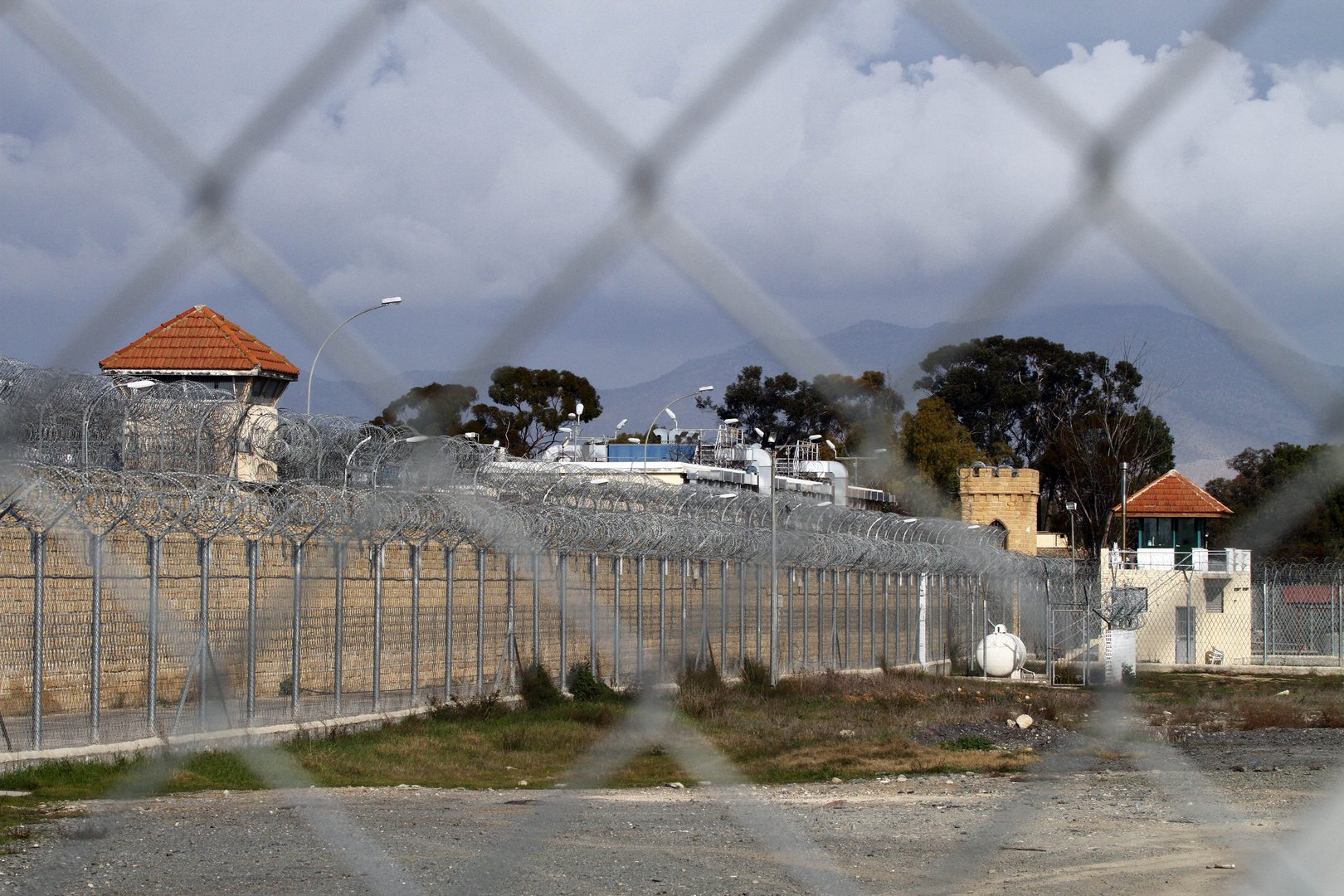Designs for a juvenile prison are in their final stages, with the specs for their operation already having been created according to the juvenile crime law passed in 2021.
Specifications for how the facility will operate have been prepared and the regulations for recruitment of wardens who will oversee whether all the legal rights of children are respected.
Kyriaki Lambrianidou, the head of the sub-directorate for handling cases of vulnerable persons, told Philenews that last year the police dealt with 508 cases of minors.
The cases involved children aged 14-18. Currently people under the age of 13 are not criminally liable, while people over the age of 18 can be sent to court.
Lambrianidou said juvenile prisons are set to house people aged 16 to 21, provided they were under 18 when they committed the crime.
The creation of juvenile prisons was first raised by former president Giorgos Vassiliou in 1988.
Since then, there have been many discussions on the issue but it was only with the passage of the juvenile crime law that a juvenile detention structure was announced for the first time.
As Aristos Tsiartas, the head of the Human Rights Department at the Justice Ministry said, the detention and imprisonment of children under the age of 18, is the last measure provided for in the juvenile crime law.
As Tsiartas explained, this legislation aims to establish a child-friendly criminal justice system and help prevent delinquency. He described as a pioneering law, which establishes new child-centred methods of treating juvenile offenders and provides for new institutions.
A basic principle of the law is that criminal prosecution and the detention of a child are the last measure, while it provides for alternative punishments to detention, which are imposed by a special minors’ court, which will be established.
One of the most important reforms established by the law is the operation of a special detention area for minors, outside of prisons, which must have reformative, educational, therapeutic and welfare characteristics.
The facility’s delay is due to the preparation of the specifications for the tender announcement. At this moment, he added, the specifications of the space have been prepared by a technocratic committee.
He said that in collaboration with the law department of the University of Cyprus, a complete modern regulatory framework was prepared for the operation of the juvenile detention centre, which is compatible with international and European conventions.
“I have discussed the issue thoroughly with the competent commissioner for the protection of children’s rights and we are ready to send the draft regulations to the legal service for legal and technical review. The aim is to submit it to the House of Representatives for discussion and voting within this year,” he said. “For this purpose, a relevant provision has been made both in the 2023 budget and in the 2024 budget with an amount of €700,000.”
The juvenile detention centre will be located away from the central prisons in Nicosia. It will initially have a capacity of 10 people with the prospect of hosting up to 25 people. Its management will be given to the private sector, but the responsibility of guarding it will belong to the prisons.
Tsiartas added that they are also currently working on regulations for establishing a parole officer position, which will oversee the delinquent minor.







Click here to change your cookie preferences